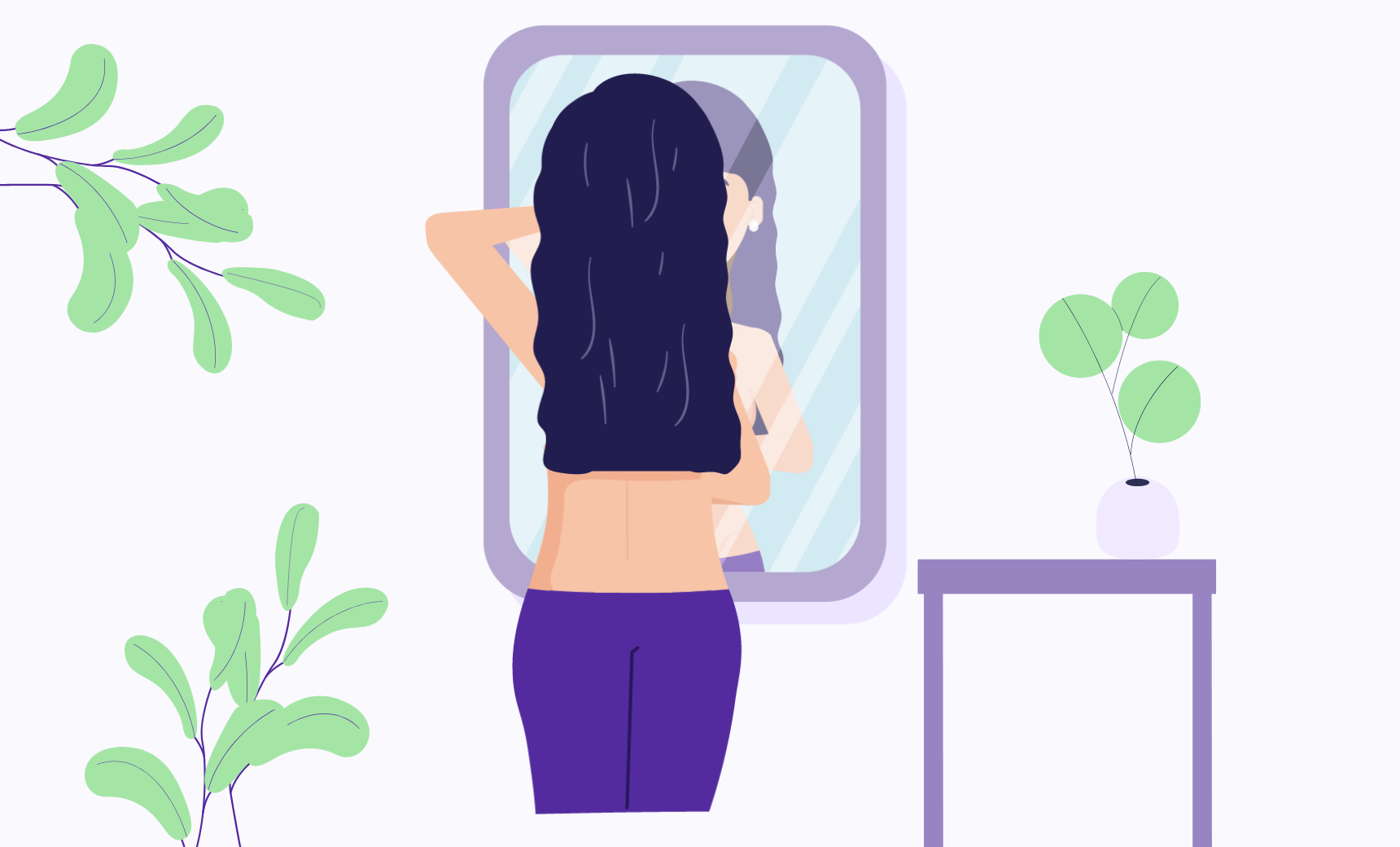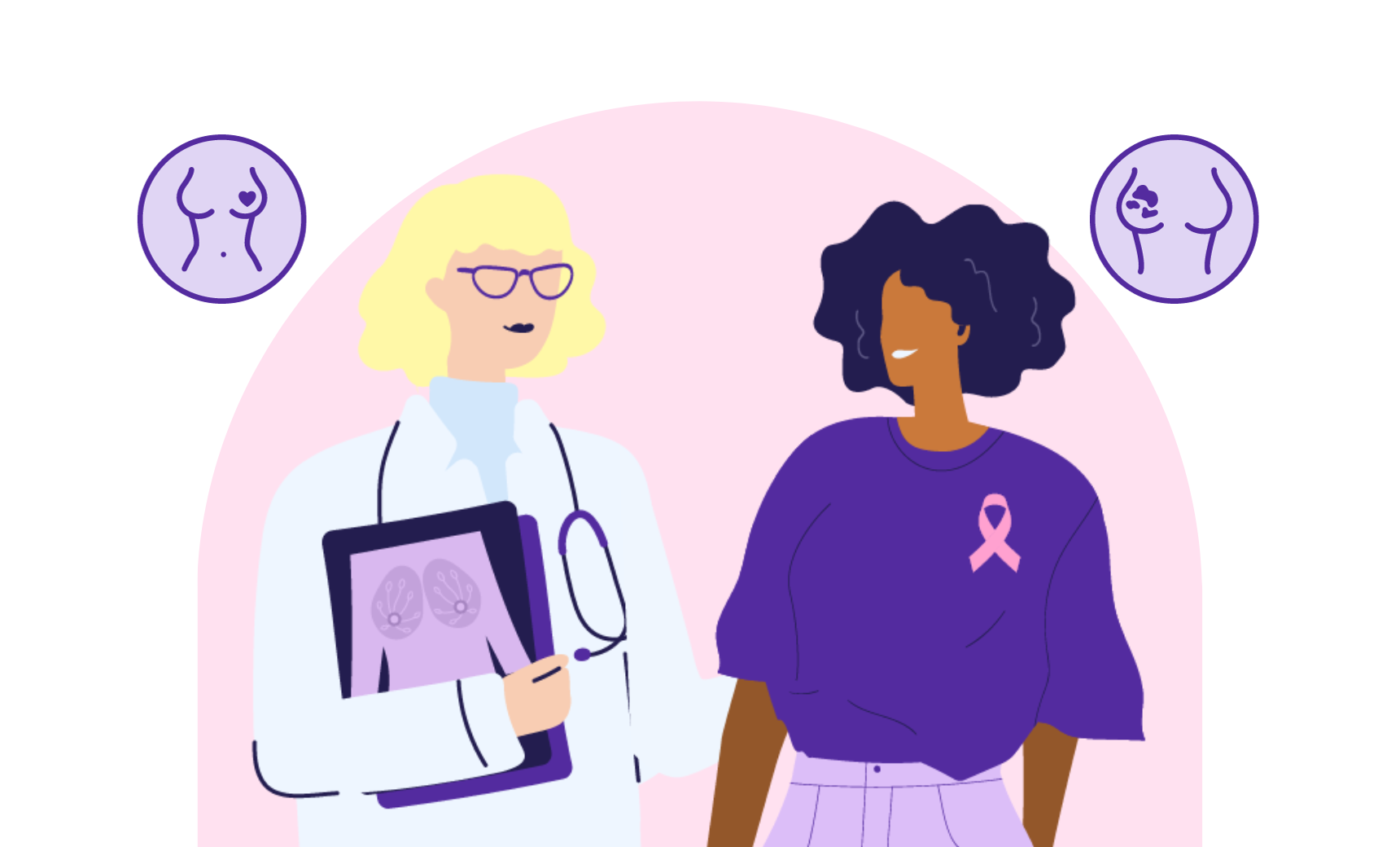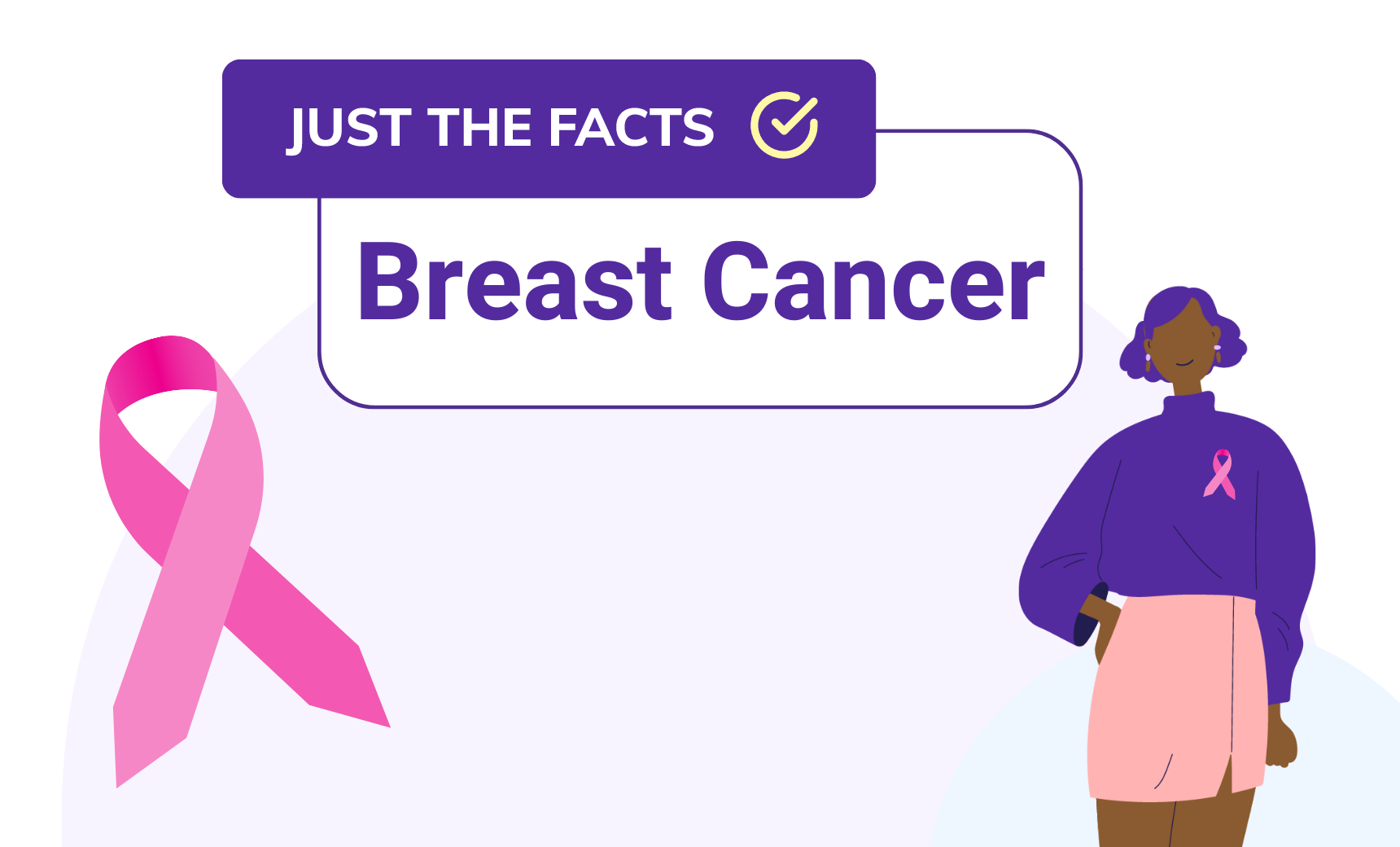
Early Breast Cancer Detection Saved My Life
"I didn’t feel a lump, but preventative testing made the difference." Hear about the importance of mammograms in detecting breast cancer.
In honor of breast cancer awareness month, we’re sharing Barbara’s story.
My name is Barbara and I’m 72 years old. I grew up in Yonkers, New York. I want to remind you to have a mammogram. I have been a breast cancer victor for 15 years—that’s right, 15 years. And I’m doing very, very well. I’m in total remission, I’m very healthy and active, and have a 100% full life. I travel. I visit people, I’m a grandmother, I play with my grandchildren, my life is very complete. And it’s because of early diagnosis.
My mother had breast cancer, but I got a test that showed I’m not a carrier of the BRCA (breast cancer) gene. Because I had dense breasts, by the time I was 57 I’d had biopsies taken and had mammograms every six months. At that time, I also had ultrasounds. When I got the tests that diagnosed my breast cancer, it was the first time I actually thought nothing was the matter.
Before these particular tests—a mammogram and an ultrasound—I hadn’t felt a lump during self-examination or in an examination with a doctor. But it was there. And I’m glad I got both tests done—my mammograms were completely clean. However, it was the ultrasound where discrepancies could be picked up and compared to the mammogram. And that is how my breast cancer was found. I was told that I had ductal carcinoma, which is a pretty good kind of cancer to have. It’s an early and non-invasive form.
My mother had breast cancer several times before she passed away. She was a survivor. So I told my son: It’s going to be a very bad year, but I am not going to die.
So I was told to have a lumpectomy and then I would need radiation. I had a lumpectomy in May of that year. And I woke up to my doctor looking very grim at the bottom of my bed, who said to me, “This didn’t work. You need to have a mastectomy.” We also found another cancer, which was determined by taking out 17 lymph nodes out of my right arm. And so, in further conversations with him, I decided that I wanted to have a bilateral mastectomy. My treatment after my breast cancer surgery and my mastectomy was to have Adriamycin, Cytoxan, and Taxol (AC+T).
It took me about a year to feel myself again because I suffered from “chemo brain”. I couldn’t concentrate very well. I am an avid reader. And I wasn’t able to remember a lot of things that I was reading. So I was very gentle with myself. I relaxed. I walked around. I tried to read shorter things, like magazines, and I didn’t pressure myself.
Now, I help a lot of people that have breast cancer. So I would recommend a couple of things. Get yearly mammograms. I would highly recommend having an ultrasound and a mammogram at the same time, especially if you have dense breasts as I do. I would also recommend you get a BRCA screening. Because I have a daughter, it was important to know I don’t have the BRCA gene. LabFinder can help you set up those tests. And then you can get your results through your portal 24 hours a day, seven days a week.
In fact, I have also had another cancer, a women’s gynecological cancer. I see some doctors in New York as well as in Sarasota, Florida. I use my LabFinder portal to get my results right away. I can bring them to my doctors so I can ask more important and more critical questions for my well being.
My main advice is: Don’t be afraid to get tested. It’s very important you do that.
Early cancer detection can save your life. Breast cancer awareness month serves as a reminder to get tested. Book your next mammogram or ultrasound appointment through LabFinder. You can also book a BRCA gene test through LabFinder to determine if you carry the BRCA-1 or BRCA-2 breast cancer gene—getting this test can help you plan a preventative healthcare plan in coordination with your doctor.
Do you have a medical story you’d like to share for this series? Email us at illuminator@labfinder.com.





LabFinder Editorial Team
The LabFinder Editorial Team is behind The Illuminator and The Insider, LabFinder’s consumer and business blogs.
Dr.Robert Segal
Dr. Segal is CEO and co-founder of LabFinder, as well as a board-certified cardiologist. He began practicing medicine in 2002 and has founded several businesses, including Medical Offices of Manhattan and Manhattan Cardiology.